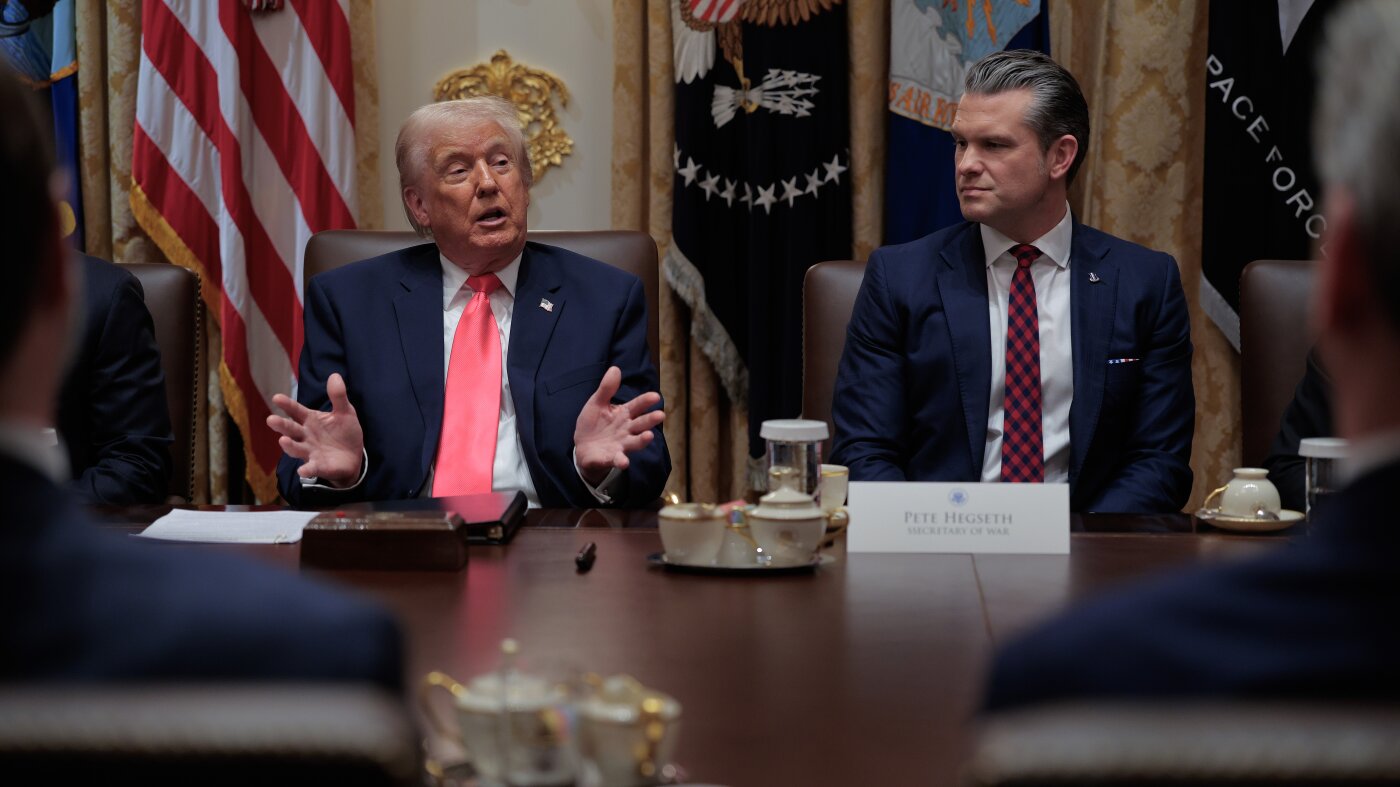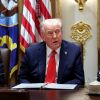Israel’s military launched a wave of air strikes in southern Lebanon in the early hours of Sunday, in what it said was an attempt to foil an “extensive attack” by the militant group Hizbollah.
The exchange of fire was the biggest between Israel and Iran-backed Hizbollah since they fought a 34-day war in 2006, and marked a sharp escalation of the hostilities that have simmered between the two sides since the start of the war between Israel and Hamas in Gaza last year.
Hassan Nasrallah, Hizbollah’s leader, sought to draw a line under the exchange on Sunday evening, saying the attack was over, although its impact would still have to be assessed.
“If the result is satisfactory and the intended goal is achieved, we will consider the response operation has ended,” Nasrallah said in a televised address. “If the result is not enough, we will reserve the right to respond at another time.”
Nasrallah said Lebanese people who had fled their homes in fear of a wider war could return, adding that they could now “take a breath and relax”.
Israel began its attack shortly before 5am local time, deploying 100 jets to bomb about 40 sites in Lebanon after identifying what it said were preparations by Hizbollah “to fire missiles and rockets”.
Nasrallah said the group had shortly afterward launched more than 340 Katyusha rockets and a large number of drones at 11 military targets in Israel’s north and the occupied Golan Heights, triggering air raid sirens across the area.
Speaking at a cabinet meeting on Sunday afternoon, Israeli Prime Minister Benjamin Netanyahu said Israel’s strike had destroyed thousands of short-range rockets and all the drones launched by Hizbollah — which he said had been meant to hit a “strategic target” in the centre of Israel.
“[Hizbollah leader Hassan] Nasrallah in Beirut and [Iranian supreme leader Ayatollah Ali] Khamenei in Tehran need to know that this is an additional step in changing the situation in the north, and returning our residents securely to their homes,” Netanyahu said. “And I reiterate — this is not the end of the story.”
Hizbollah said its barrage was retaliation for Israel’s assassination last month of Fuad Shukr, one of its most senior commanders, in an air strike in Beirut.
The killing of Shukr was followed the next day by the assassination in Tehran of Ismail Haniyeh, political leader of the Palestinian militant group Hamas. It prompted both Hizbollah and Iran to pledge retaliation against Israel, fuelling fears the region could slide towards all-out conflict.
Nasrallah acknowledged that Hizbollah’s retaliation had been delayed in part because of the mobilisation of Israeli and American military forces. He said a response from Iran and its Yemeni Houthi allies was yet to come.
As the exchange of fire unfolded early on Sunday, Ben Gurion airport in Tel Aviv suspended flights, and Israel’s defence minister Yoav Gallant declared a “special situation” across the country, giving him powers to restrict gatherings and limit access to certain areas.
However, according to initial assessments by Israel’s military, the barrage caused “very little” damage. Casualties on both sides were limited. One Israeli soldier was killed — by debris from Israeli missile interceptors, according to the country’s ambassador to the US — and two wounded. Three people — all presumed to be militants — were killed in Lebanon.
By early afternoon, flights to and from Tel Aviv had resumed, and most restrictions in Israel had been lifted. Some flights to and from Beirut were cancelled or delayed, but the airport remained open.
In Lebanon, the Israeli strikes hit around 30 different targets in the south, mostly in areas close to the border, but some further inland. Images circulated in local media showed smoke rising above various wooded areas, likely to be where Hizbollah’s static launchers are positioned, and villages along the border.
Nasrallah said Hizbollah’s attack had gone “as planned” and denied Israeli claims the group had intended to fire thousands of projectiles. Neither Israel nor Hizbollah provided evidence for their claims.
The Hizbollah leader spent much of a one-hour speech seeking to convince his audience the attack had been effective, stressing the decision to strike only military targets and avoid civilian casualties. The speech appeared designed to assuage a domestic audience weary of a war that has displaced more than 100,000 from border areas and killed more than 120 civilians.
Nasrallah said the group’s main target was the Glilot military intelligence base on the outskirts of Tel Aviv. This is about 110km inside Israeli territory, making the attack the deepest yet into the country. The Israeli military said Glilot had not been hit.
The attacks came as officials gathered in Egypt for the latest talks aimed at ending the war. The US and Arab states see the talks as the best chance of preventing a full-on conflict.
The White House said US President Joe Biden was “closely monitoring events in Israel and Lebanon”. Washington has deployed additional warships and fighter aircraft to deter Hizbollah and Iran and help defend Israel.










































